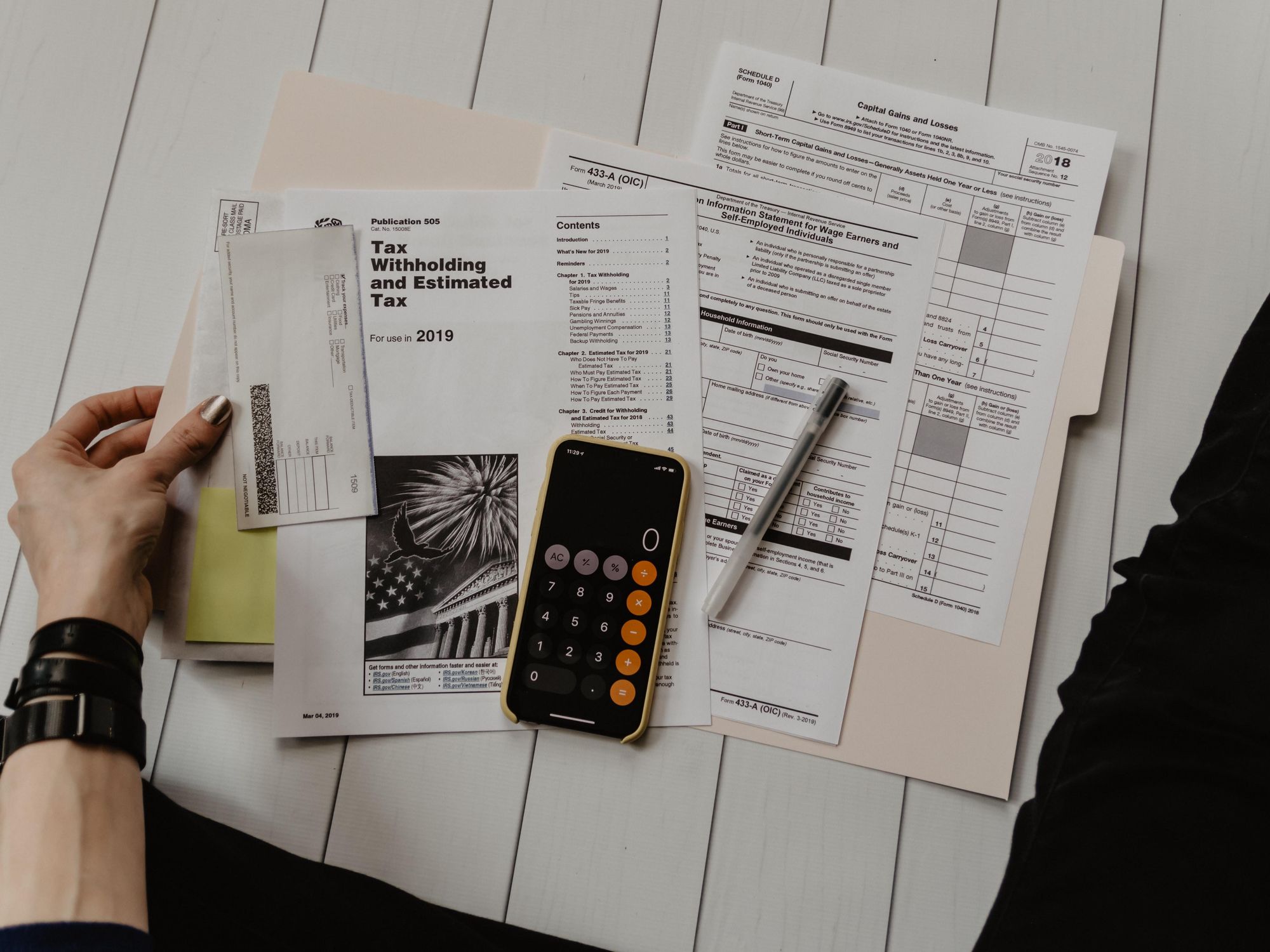The Wild West of Influencer Taxes
Kristin Snyder is dot.LA's 2022/23 Editorial Fellow. She previously interned with Tiger Oak Media and led the arts section for UCLA's Daily Bruin.

As tax season approaches, influencers have taken to TikTok to share what they plan to write off as business expenses. Though the tone is often sarcastic, the videos highlight just how blurry the line has become between personal spending and purchases necessary for their content creation.
Which explains how Lorilyn Wilson, a CPA at Duenorth PDX, was able to gain 46,400 followers in one year by debunking bad tax advice. Wilson says that since “the influencer economy is still so new, and the IRS moves at the pace of the snail,” accounting for influencers is “the wild west.”
According to Wilson, the main issue influencers face is the one the aforementioned videos hint at: designating what purchases are for personal use versus which ones are considered business expenses.
“You bought this bottle of foundation to review and you did a ‘get ready with me’ video where you talked about the foundation, but then you use it personally,” Wilson says. “Guess what—the IRS does not like you to write off things you use personally.”
That issue is further complicated by the free items many companies send creators in exchange for promotion. Many creators are unaware that the “free” clothes or makeup companies send their way are considered taxable income. And Wilson says it's up to the creator to keep track of what price these items would add up to.
Ziad Hijazi, a financial advisor at the wealth and income management firm Gerber Kawasaki, says that in addition to navigating expenses, rising influencers are often plagued by spending money from sponsored content too quickly.
“They actually overspend their income because they don't realize that they have to pay taxes,” Hijazi says.
Michael Malc, the tax director at Gerber Kawasaki, says he has also seen some smaller influencers bring in less income than they expected over the past six months as companies reduced their marketing budgets.
“My influencers who are strong and make good money are doing better than ever,” Malc says. “But for the more amateur ones, the companies aren't throwing money at them as fast.”
For Sharon Masler, the founder of the accounting firm Masler & Associates, Inc., part of her work includes helping influencers figure out ways to make their income last after the fame fades.
“Influencers could disappear,” Masler says. “They need to start thinking about properly managing their money.” Which she adds, often includes setting money aside for a retirement fund.
Most importantly though, Wilson warns that it’s important to remember that the IRS can use social media to build a case against someone.
“If you're going be posting stuff online, you have got to be above the board,” Wilson says. “The burden of proof is on the influencer to come with the receipts showing that they did it right.”
- Behind Her Empire Podcast: Overcoming Imposter Syndrome ›
- Alphabet, Microsoft, Amazon, and More Join Industry-Wide Layoff-Fest. Now Here’s Sting ›
- Tech Layoffs Continue and Influencers Are Being Blamed ›
- The Stats Are Clear — Gen Z Swears By Influencer Marketing - dot.LA ›
Kristin Snyder is dot.LA's 2022/23 Editorial Fellow. She previously interned with Tiger Oak Media and led the arts section for UCLA's Daily Bruin.




 Image Source: Skyryse
Image Source: Skyryse
 Image Source: Northwood Space
Image Source: Northwood Space